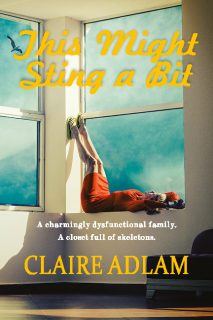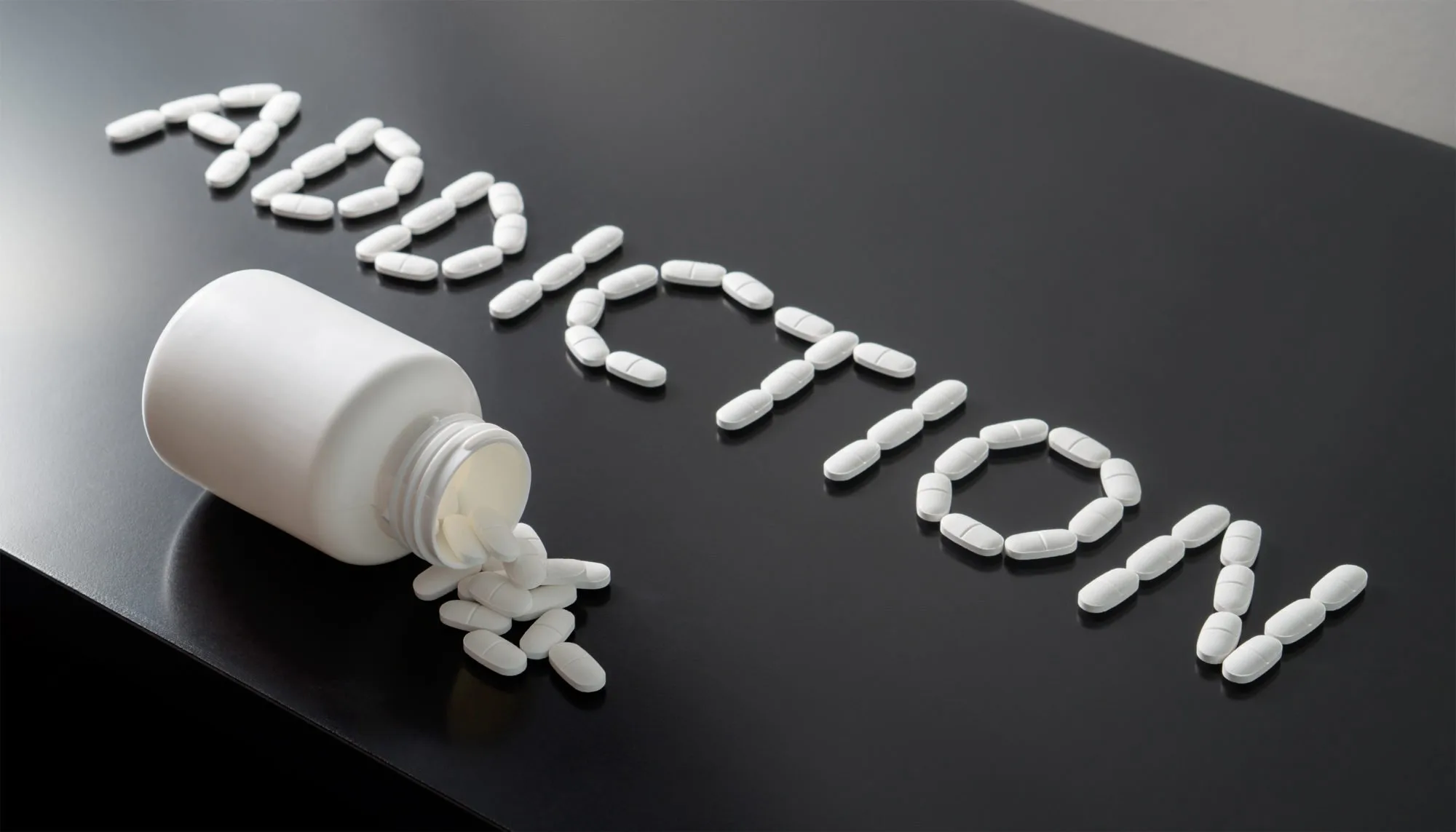Over 15% of South Africans are currently battling substance abuse and addiction, and with the mental health impact of the pandemic, this number is likely to rise. That said, while substance abuse can be a hard habit to kick, it is possible, and you can come out on the other side, better and in charge of your health.
Claire Adlam and Kicking The Habit
Growing up, Claire Adlam suffered from chronic migraines. Unfortunately, in 1990s Zimbabwe, there was very little information about migraines and headaches so instead of finding the source of the pain, doctors opted to prescribe medication to Adlam.
“Nobody ever gave me a definitive answer for the head and migraines, but they did give me a lot of prescriptions.”
 Now, while the medication did help alleviate the pain, it was also the start of a downward spiral that would have lasting consequences.
Now, while the medication did help alleviate the pain, it was also the start of a downward spiral that would have lasting consequences.
The cycle of addiction
While current studies have highlighted the dangers of prescription addictions, this information was not available in the early 2000s. As such, pharmacists essentially became “dealers in white coats”, peddling their medication, in broad daylight, through their clinics.
It wasn’t long before Adlam’s health began to suffer. What’s more, in an unfortunate twist of fate, while she did have access to medication for her migraines, there were no rehab centers in Zimbabwe for addicts. Instead, there were clinics where you were prescribed even more pills. Luckily for Adlam, this wasn’t to be her fate as she was fortunate enough to be sent to Cape Town, South Africa for treatment in 2000.
The recovery process is a journey
While Adlam began rebuilding her life following her rehab stint, she once again had to deal with the ‘mistakes’ of the Zimbabwean medical system. Adlam found out that the medical team had ‘missed’ that she had a perforated ulcer that had gone undiagnosed for a few days. By the time she was rushed to the hospital, there was a huge hole in her stomach.

Photo by Michał Parzuchowski on Unsplash
Following the surgery, Adlam admits that she found it hard to get back on her recovery journey. Soon enough, she was spiraling and she found herself back in Cape Town in 2005. Thankfully, she managed to pull through, and she’s been free of substance abuse since then.
Writing about her journey
This Might Sting A Bit is the debut novel from Adlam. The plot follows a fictitious family in the book and shows how addiction can trickle through a single family and some of the obstacles the family face. There are themes of death, divorce, forbidden love, substance abuse, and politics.

This Might Sting A Bit by Claire Adlam
While the book is fictional, it draws from Adlam’s real-life experience with addiction to prescription medication. She has taken some of these insights and weaved them into a book that throws some punches, entertains, and is one of those books you can’t put down.
Adlam first wrote the book when she moved to Cape Town. She simply asked herself, “how hard can this be?” and began writing out her book. Once done, she sent the rough draft to all sorts of publishers and confidently waited for a response that would be filled with a book contract. Sadly, the only responses she got were rejections, so her book became less of a priority. As such, the draft sat at home, gathering dust for many years. However, once the world hit a standstill last March, Adlam turned back to the book.
After all, with the year that we had, people needed the feel-good, positive stories. Yes, drug addiction is a dark subject. However, Adlam’s approach allows for a light, cynical, gritty, warm, easy read.
Do I have an addiction?
If you’re worried that you, or someone close to you, may be addicted to meth or may develop an addiction for any other substance, the biggest keyword to remember would be ‘unmanageable’.
How unmanageable has your life become of the drug, booze, or behavior?
If you are no longer able to get up in the morning and have a functional day without the substance, that is the first sign that there could be a problem. Adlam advises seeing your GP or psychologist about how to help, as no one has to do this alone. She also adds that having a community around helps a lot.
“Ask for help and if help is being offered, accept it.“
Takeaway
Granted, it is hard to talk about your experiences, especially if it involves addictions. Yet Adlam shares that it does get easier over time. The past is in the past, and all you can do is face forward again. While she still gets headaches and migraines, it all comes down to being sensible about it. As such, Adlam makes sure to have a good medical team around her. The team is always involved in the decision-making process when it comes to her health.
Watch The Interview
The video interview with Claire Adlam contains the entire dialogue of this interview, and you can watch it below.
View this post on Instagram



![women [longevity live]](https://longevitylive.com/wp-content/uploads/2020/01/photo-of-women-walking-down-the-street-1116984-100x100.jpg)










